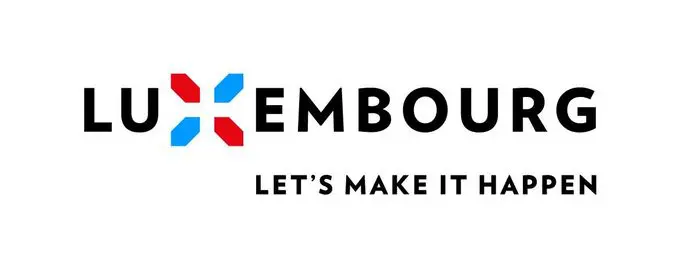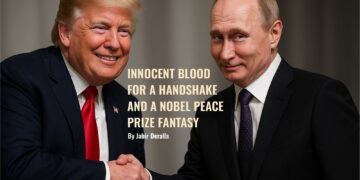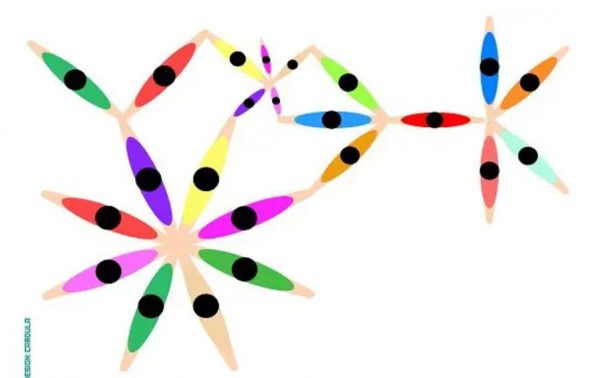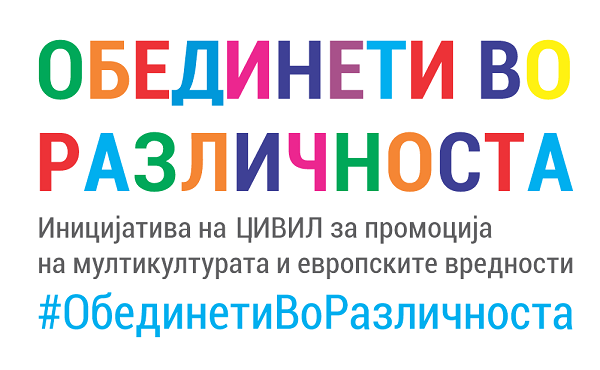An equal society, through an equal state, is an attainable goal. On this civil meadow, on this common Macedonian field, there is room first for everyone, and then for all.
By: Zoran Ivanov
Political parties are the epilogue of where the hotbed is from where some kind of false or imaginary patriotism is produced that forces nationalism.
Nationalism, nationalist phenomenon, xenophobia, are old tools that still function even in this modern world. We here, the majority of us in the Republic of North Macedonia, with all our strength and hopes are striving towards Europe. More specifically, towards democratic and more civilized values. Although, we know, hear, see that even that united Europe is not immune to the mentioned attributes. It too has in itself the residues, tails of past times piled with despise along ethnic, national grounds. And there, especially in the countries of the Balkans region and the countries themselves, are still, publically or tacitly, supporters of all kinds of overdue nationalisms, for instance. But our standard is societies relaxed from such xenophobia, of hatred on national grounds. Well, where are we and where we headed?
The Macedonian society on this topic is fallen up. In the past three decades since the country’s independence, the country has gone through many ordeals caused by nationalist urges. And they, their source, without exception has always been and still drags on today, in the doctrines of political parties. In every crisis, in every inability to offer solutions for the everyday issues, for the existential needs of people, they reach for the more productive tool, for a dose of nationalism. Hence, the impression that this phenomenon is basically negative, because in our country, by rule, it has led to conflicts between ethnic collectives. A seed of hatred has from time to time been scattered, and hence still is being scattered among citizens. At the same time, the fact that the feeling of belonging to a collective, belonging to one’s nation as a pillar of the individual identity, does not at all mean nationalism by definition. But we here, in this little Macedonian space of ours, have already become so overly sensitive that to the very spoken word nationalism, even in the presence of the slightest dose of national or nationalist manifestation, we react unnecessarily defensive, and even aggressively judging.
If we just superficially try to detect the centers from where nationalism is coming from, certainly in the context of the topic, that nationalism that can quickly be recognized as not being an outburst of a pleasant feeling of belonging to one’s own ethno-culture, but a frustrating reflection towards the ethnic belonging of others, it can easily be concluded that the sport is the field where nationalism is almost an unknown phenomenon. Certainly among sportspersons on sports fields, and not among part of the sports audience, especially among part of it. There on the stands, on the benches, among the youth, especially among the organized fan groups, their management is in the hands of political parties. In party headquarters, for the needs of the party daily political agendas, in order to redirect the public attention from the incapability of the political elites to engage in solving the burning daily needs of the Macedonian citizens, nationalism is pumped.
The second place, where it can also be noted that nationalism is not a dominant phenomenon, is culture. Even though by definition among cultural activists the national is very present, often emphasized in their cultural art work, and moreover, they and their audience are decently sophisticated both in the manner of accepting the national both through cultural products and in manifesting the national that moves along the emotional boundaries of glorifying one’s own nation. Such manifestation of ethno-cultural affiliation is not, nor cannot be factors that produce irritating reactions among members of another nation. The existence of a national culture never is and cannot be at the expense of the culture of another nation.
The education remains. It is still that weak link that does not give enough freshness to the constitutionally defined society for all. It keeps it anchored in the national essences. Confirmation of this conclusion is in the very fact that in numerous textbooks terms that glorify one nation at the expense of another nation still exist. Furthermore, many teachers look upon them with kindness or, at the very least, behave ignorantly tolerant towards the terms and all the xenophobic content placed between the covers of the textbooks, contaminating the youngest. The responsible controllers of the textbook content burdened with party doctrines, seem as if they are not prepared to rise to the task that society has entrusted them, especially not if, as usually is the case, those in responsible, subtle institutional positions, where they are, are party catapulted.
Numerous examples. Just as an illustration for one of the most recent that is still present in the school programs. Some humorous folk tales created at one time, which nowadays can only be some kind of history. Or some kind of museum value or subject for scientific processing in various institutions for that purpose. However, instead of the state further pushing away those juicy ethno xenophobes, they are being offered as a reading to the youngest in primary schools even in this modern time of ours. Specifically, in this piece of literature, the Roma are called Gypsies. They are labelled as liars, lazy, lazybones. Moreover, they are also given attributes such as homeless, dirty, wanderers, beggars, thieves. And here, in Republic of Macedonia, in the country that is both constitutionally and politically declared as a country of equal citizens regardless of national, religious belief or social status. Nevertheless, despite the proclamations, political parties are the epilogue of where the hotbed is from where some kind of false or imaginary patriotism is produced that forces nationalism and which, from to time, according to the need and moment, they sow nationalism. Particularly those constituted on ethnic grounds. But also those that persistently claim they are civil and open to everyone.
Hence, the present-day polycratic doctrine does not give hope that the Macedonian political partied have the strength to outgrow themselves. To fully leave first their own delusions, and then to free themselves also from party populist tools through which, from time to time, they inject nationalism.
For electoral votes, for winning power, for domination over the state budget. Over people’s money not earned by them which, if they occupy by winning power with the help of precisely the citizen’s votes that, by the way, have no etno-national smell, instead of processes in the interest of citizens, in the interest of their narrow-party needs for domination, power, privileges, they manage the citizens.
The Macedonian democratic academic, analytic and media public has detected this narrow-party greediness. In that direction, even the broadest Macedonian civil democratic public is reacting increasingly more sensitively. It raises hope that political parties, those main bearers of the destiny of the Macedonian state and of the Macedonian society, both declaratively and legislatively defined as civil, yet still institutionally distanced precisely from the citizens, will finally put their finger on their head. Will withdraw, will pull away from the self-importance and power that is not originally theirs. The power is in the citizens of the Republic of North Macedonia. They are the society, it exclusively belongs to them and it should be returned to them.
An equal society, through an equal state, is an attainable goal. On this civil meadow, on this common Macedonian field, there is room first for everyone, and then for all. Because on this common field of ours all flowers can bloom and may they bloom.
This content is part of the Initiative “United in Diversity”, dedicated to the promotion of diversity as an advantage, richness and quality of our society. The Initiative is led by CIVIL, with the support of the Ministry of Foreign and European Affairs of the Grand Duchy of Luxembourg.

The findings, views and other online content published by CIVIL, namely, the Editorial Office of CIVIL Media, does not necessarily reflect those of the donors or sponsors of CIVIL and of the media platform of the organization.
translation: N.Cvetkovska
















